Popular Diets, Plate by Plate
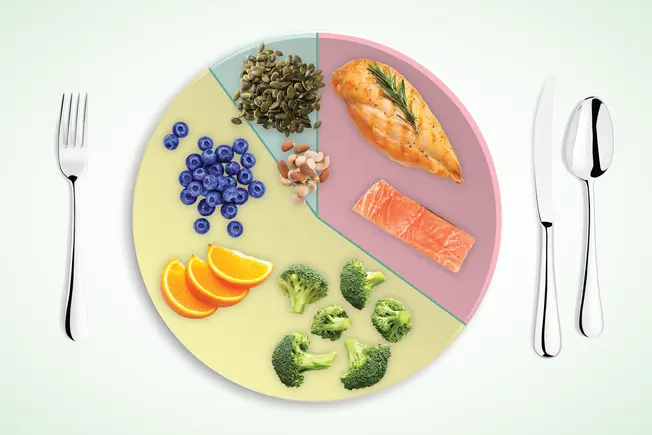
Whole30
With this plan, you skip added sugar, grains, beans, dairy, soy, and processed foods for 30 days. You replace them with more vegetables, eggs, seafood, meat, fruit, and nuts and seeds. According to the creators, this resets your eating patterns and cuts out foods that can cause health issues. While you can add back some foods after the 30 days, it can be tough to follow, and you may go back to your old habits.
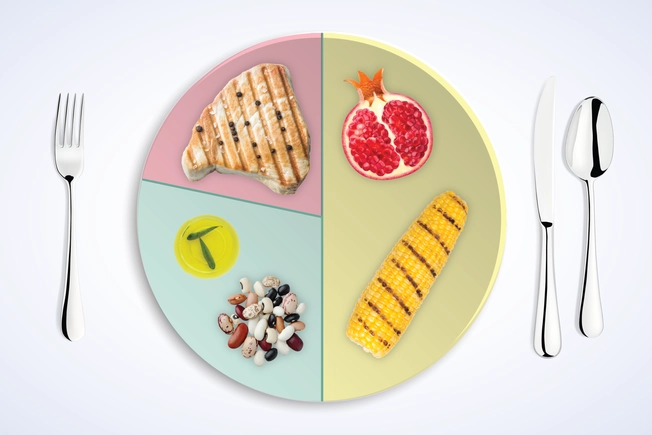
Mediterranean
This diet mimics the cuisine of Mediterranean countries, like Greece and Italy. The focus is on vegetables and fruits, along with whole grains, olive oil, spices, herbs, nuts, and beans. For protein, you eat mainly fish and poultry. You can also have moderate amounts of red meat, dairy, and red wine. Experts agree that this diet is good for your health: Studies show that it protects against heart disease and Alzheimer’s.
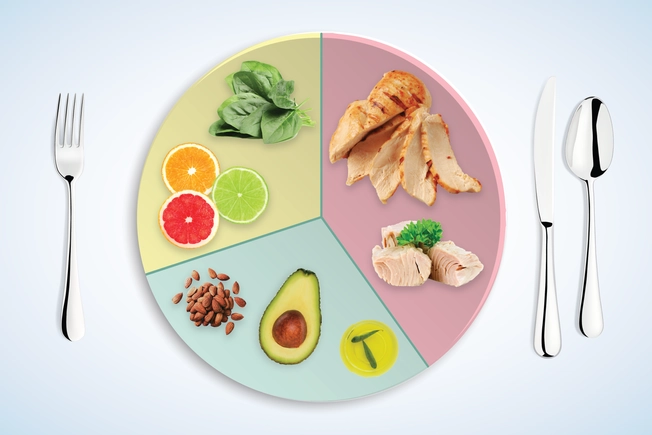
Zone
On this plan, you eat three meals and two snacks a day. Each plate is divided into one-third lean protein, such as fish and poultry, and two-thirds fruits, veggies, or beans. (You stay away from sugary or starchy ones, like potatoes.) Then add some healthy fat, like olive oil, avocados, or almonds. This combo of 40% carbs, 30% protein, and 30% fat is thought to put you in an anti-inflammatory zone. You’ll see results on this diet, but it takes a lot of prep work.
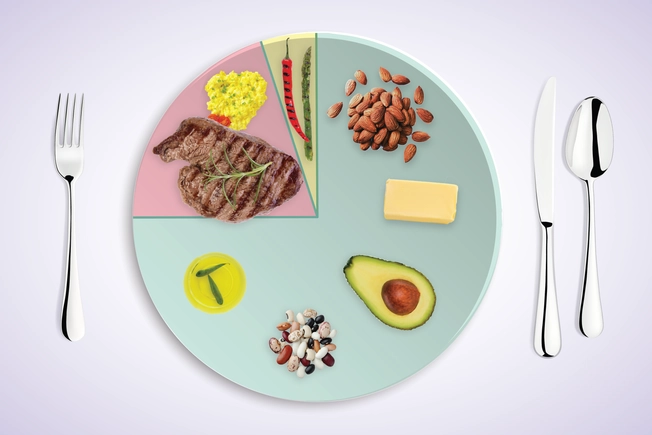
Keto
With this, you cut out nearly all carbs. That makes your body burn fat for energy, a state called ketosis. To get there, you eat a diet that’s 70% to 80% fat, 10% to 20% protein, and 5% to 10% carbs. Research shows this can help you lose weight, but it also can lead to side effects, such as constipation and fatigue. Over the long run, it may raise your chances of osteoporosis, kidney stones, and heart disease.
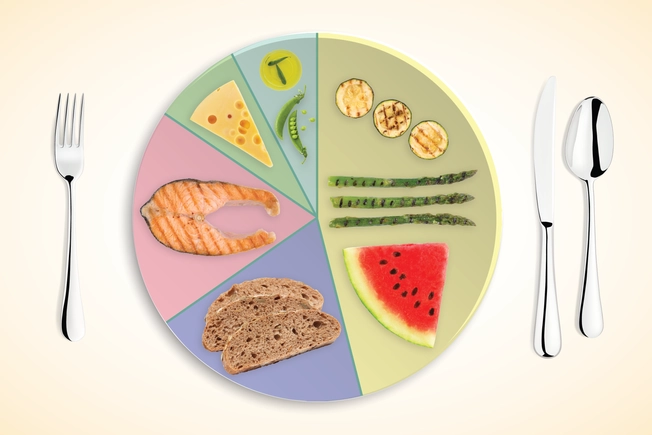
DASH
DASH is short for “dietary approaches to stop hypertension,” but this plan is good for you even if you don’t have high blood pressure. It’s high in fruits and vegetables, whole grains, low-fat dairy, and lean protein. There are also healthy oils, nuts, beans, and peas. You’ll cut back on sweets, saturated fat, and sodium, but nothing’s off-limits. Studies show that the DASH diet lowers blood pressure, cholesterol, and your chances of diabetes.
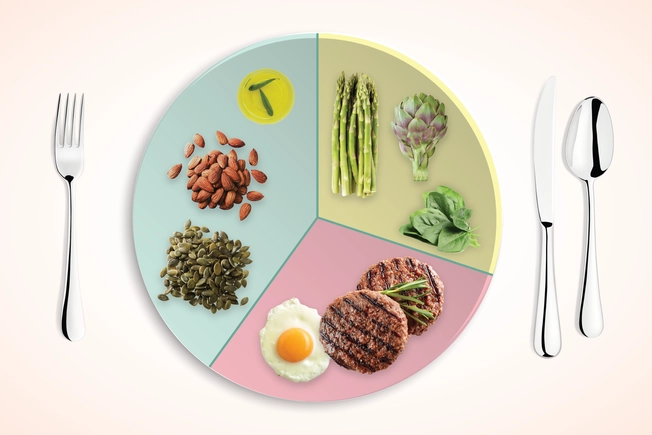
Paleo
The idea behind this is to eat like a caveman. That means no processed food, grains, white potatoes, sugar, beans, and dairy. Instead, grass-fed meat, seafood, and eggs make up 30% of your calories. Fresh fruits and vegetables deliver 30%, and the rest comes from nuts, seeds, and healthy oils. Research suggests this diet works for weight loss, but it cuts out healthy foods like whole grains.
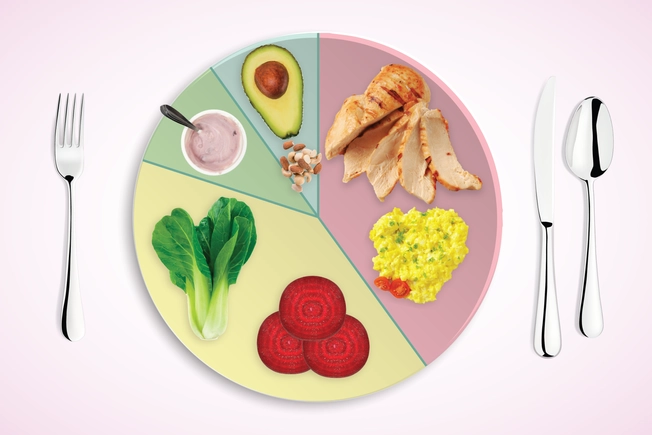
South Beach
Created by a cardiologist, this low-carb diet has three phases. For 2 weeks, you cut out nearly all carbs, including fruit and grains. You eat vegetables, low-fat dairy, lean protein, and healthy fats. Then you add back fruit, whole grains, and starchy vegetables. Once you reach your goal weight, you can eat anything in moderation, including carbs (up to 28% of your daily calories). Experts say this plan works, but you may have headaches and fatigue early on.
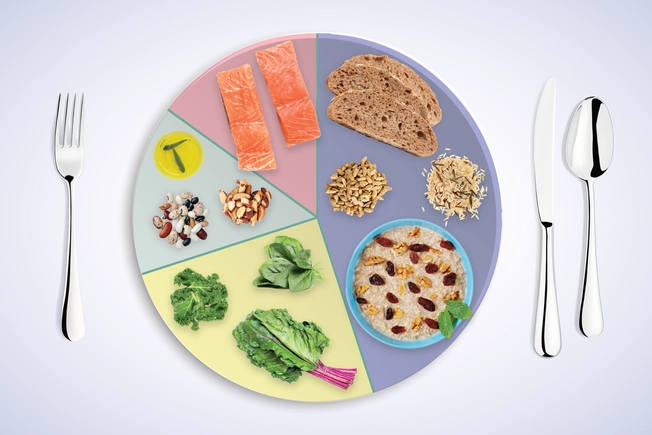
MIND
The aim of this eating plan is to boost your brain health. It’s a mix of the Mediterranean and DASH diets, with a focus on the foods that protect your brain. You eat leafy greens, whole grains, nuts, beans, and olive oil. There are also berries, fatty fish, and poultry. You can sip a glass of red wine a day -- some research shows it’s good for your brain and body. One study found this diet can lower your odds of Alzheimer’s disease by 53%.
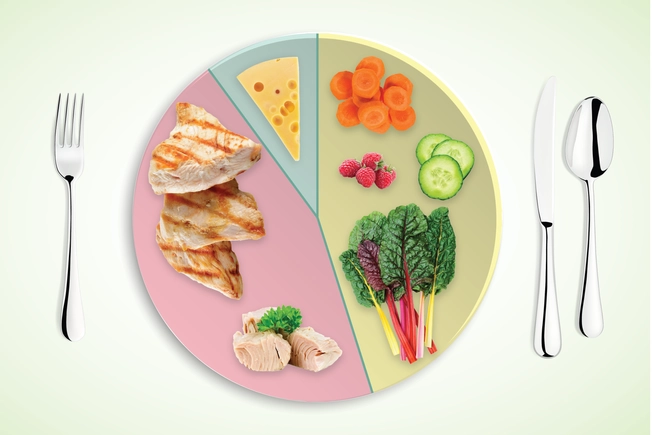
Atkins
This is a low-carb diet with four phases: For 2 weeks, you eat mostly protein, cheese, and vegetables like leafy greens. Only 10% of your calories come from carbs. Next, you add nuts, berries, and seeds. When you’re close to your goal weight, you have starchy vegetables, more fruit, and grains. Finally, you maintain this balance. Some experts say Atkins allows too much saturated fat from foods like butter and meat to be healthy.
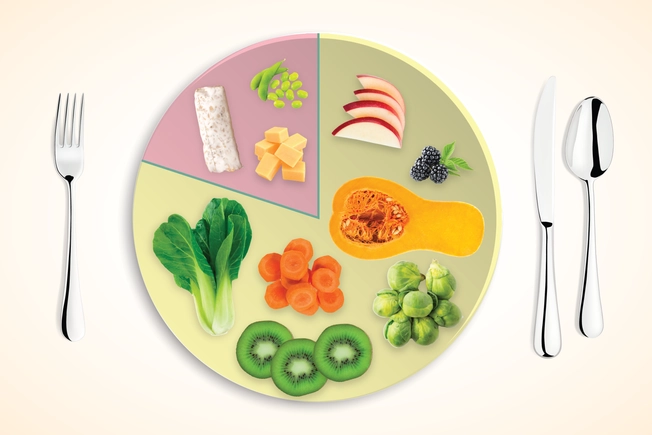
Alkaline
According to this diet’s creators, certain foods change your body’s acidity. Eating alkaline foods that lower your body’s pH will help you lose weight and boost your health. On this plan, you avoid meat, fish, eggs, cheese, many grains, and processed foods. You load up on vegetables, fruits, beans, and soy. These foods are good for you, and they can lead to weight loss. But it’s not because they’re alkaline. Experts agree that what you eat doesn’t really affect your body’s pH level.
